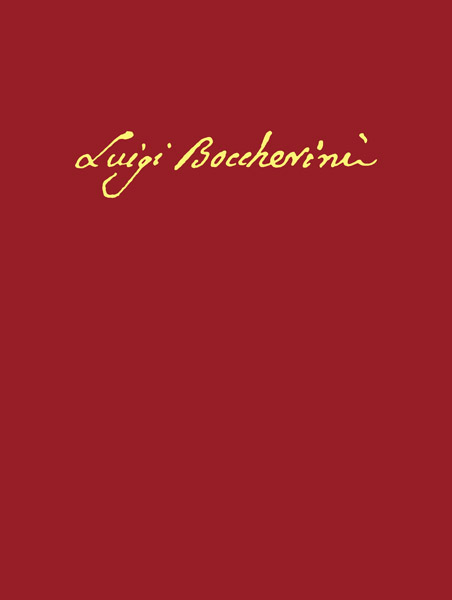Abstract:
During the so-called ‘forty-five days’, the leading Venetian newspaper, Il gazzettino, saw at least three editors take control, two of whom belonged to the Italian cultural and literary scene (Giuseppe Ravegnani, Enrico Motta and Diego Valeri) at a period during which the terms ‘fascism’ and ‘fascist’ disappeared from the pages of the paper. Subsequently, men of the Italian Social Republic took over Il gazzettino with the task of rehabilitating the figure of the Duce. Between 1944 and 1945, upon the surrender of the fascist national forces, the publication of all newspapers was suspended, and was to resume only under the direction of the National Liberation Committee of the Veneto Region. On 31 July 1943, a week after the fall of Fascism, Il gazzettino published an article in which Guido Piamonte, the newspaper’s music critic, was already hopeful about the return of Arturo Toscanini who had been forced into exile in the United States in 1939. In the following days, the journalist penned two more articles in which he vigorously attacked the cultural and repressive policies of the regime. So much freedom cost him dearly and he was tried and imprisoned for anti-fascism. From 28 July to 12 August the newspaper’s editors took a clear anti-fascist stance that was followed by several journalists, including critic Piamonte, who a few years earlier had taken Gian Francesco Malipiero’s composition courses at the ‘Benedetto Marcello’ Conservatory. This work aims to investigate music criticism in Venetian newspapers between 23 July 1943 and 25 April 1945, trying to reconstruct the dynamics and involvement of music culture in those twenty-two crucial months that saw the alternation of fascism, the ISR and the NLC.



